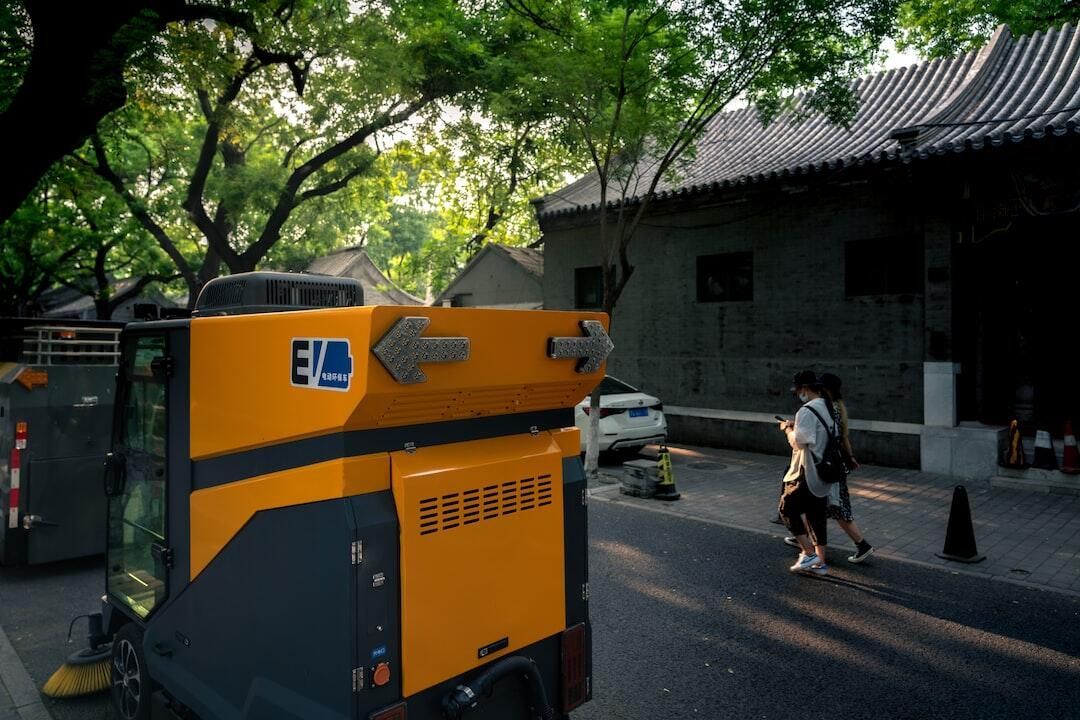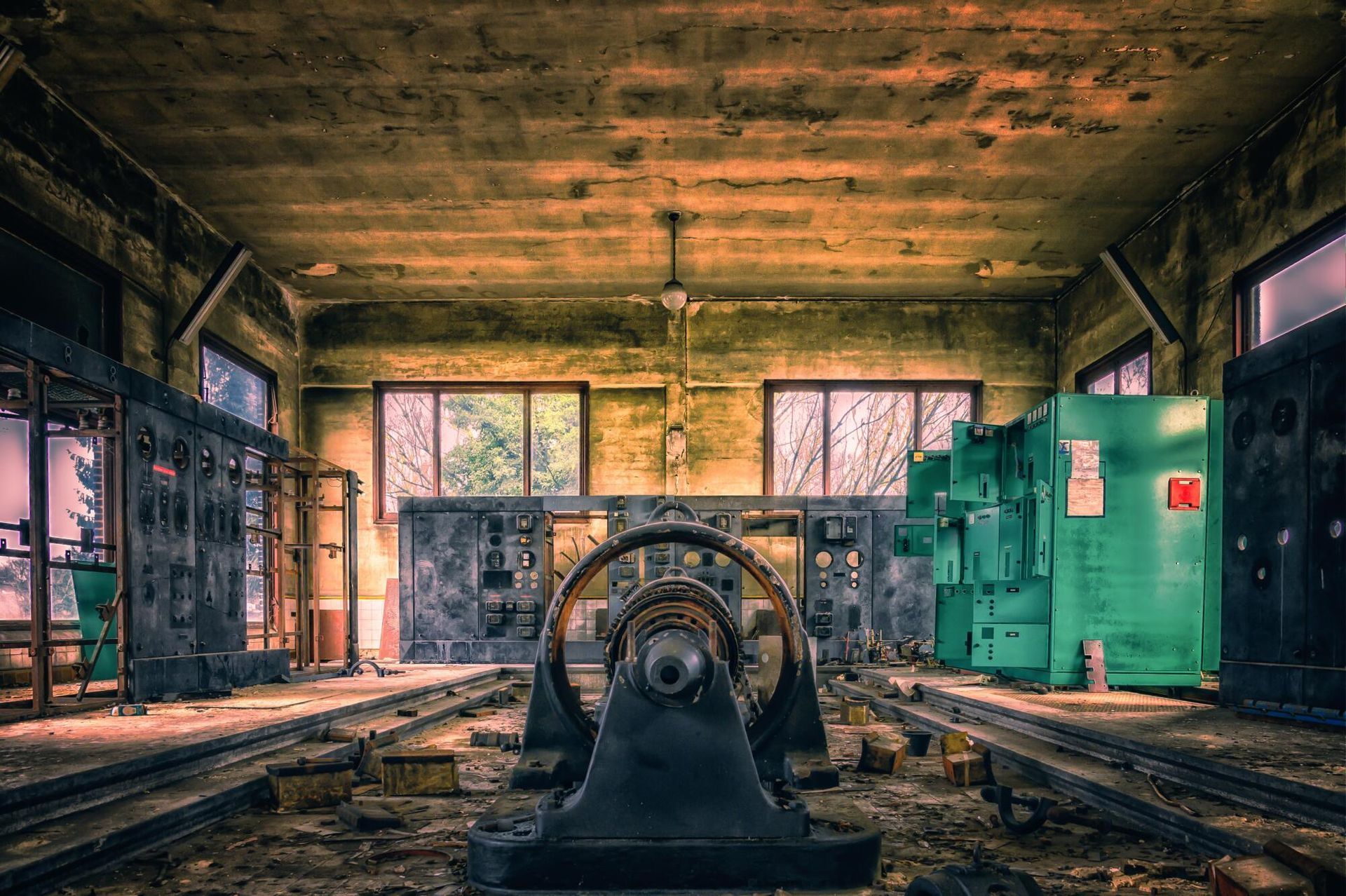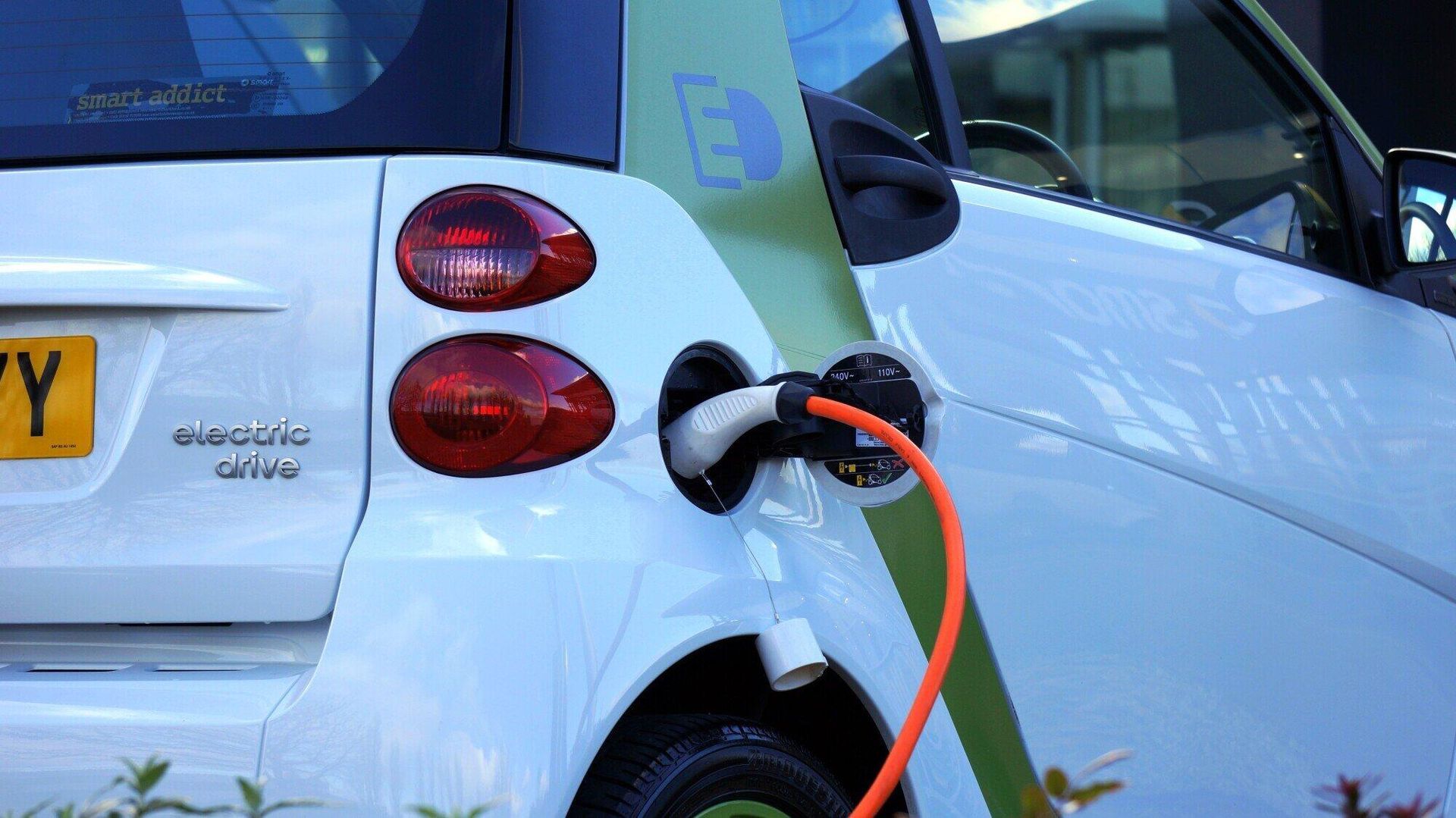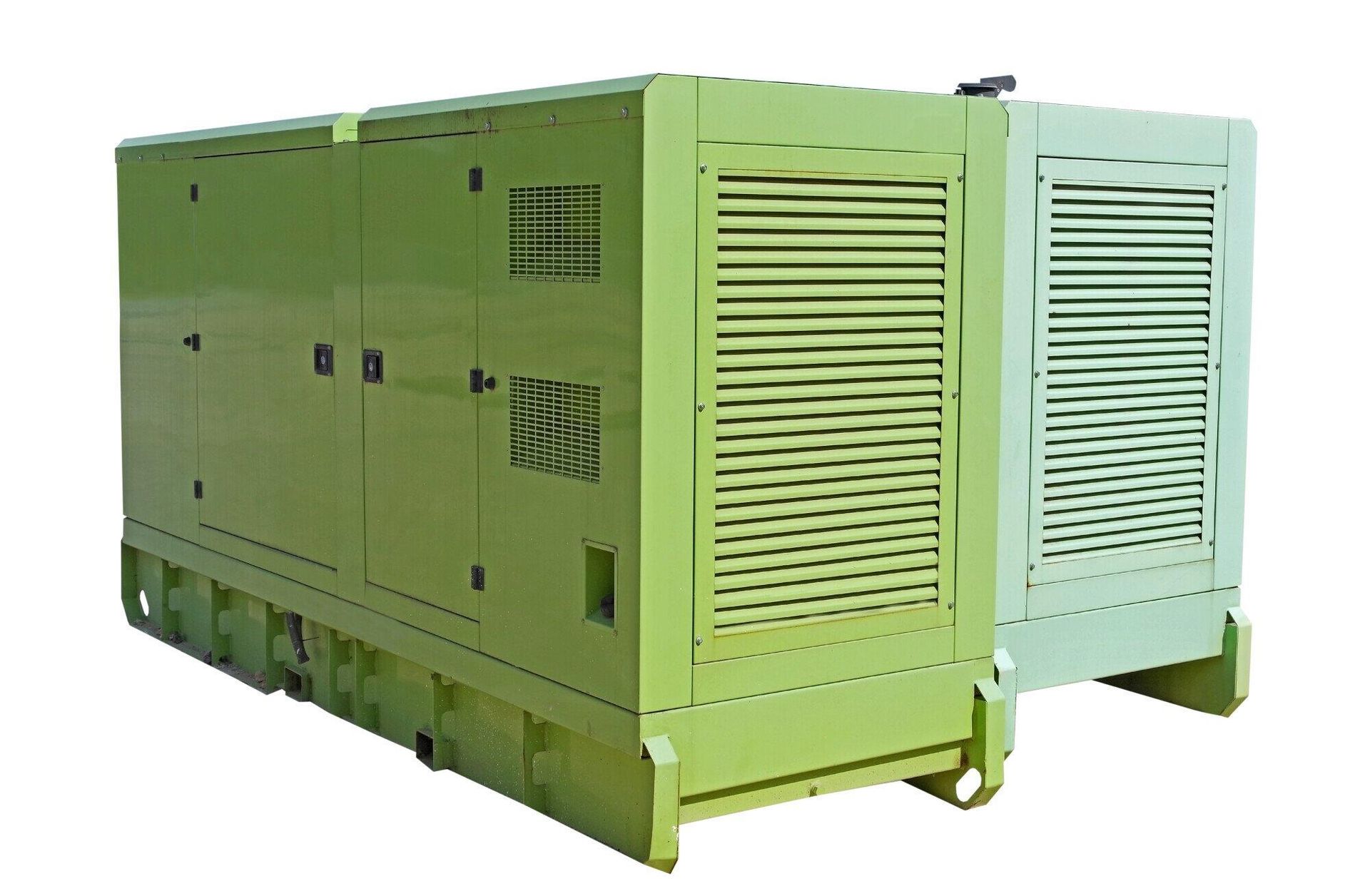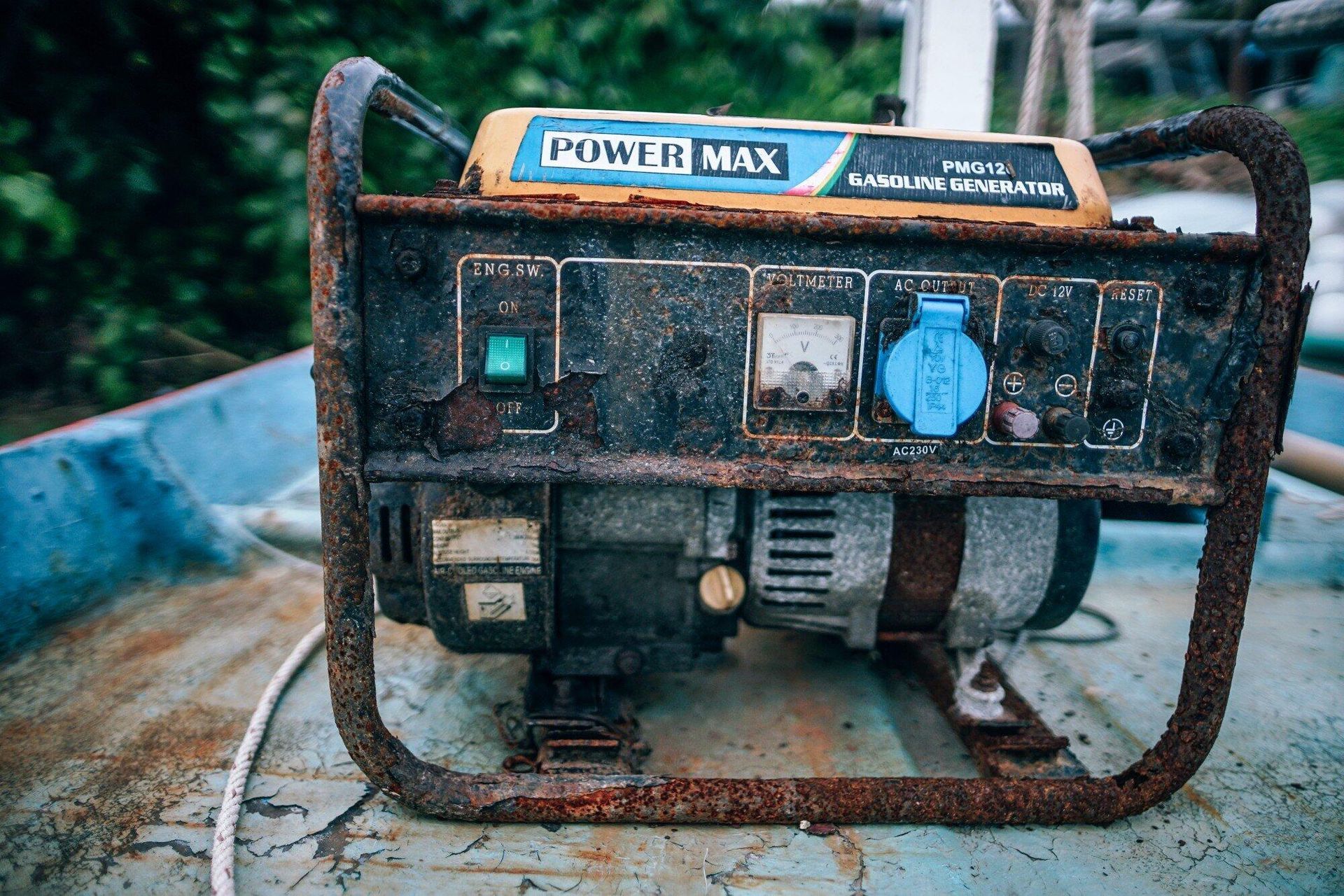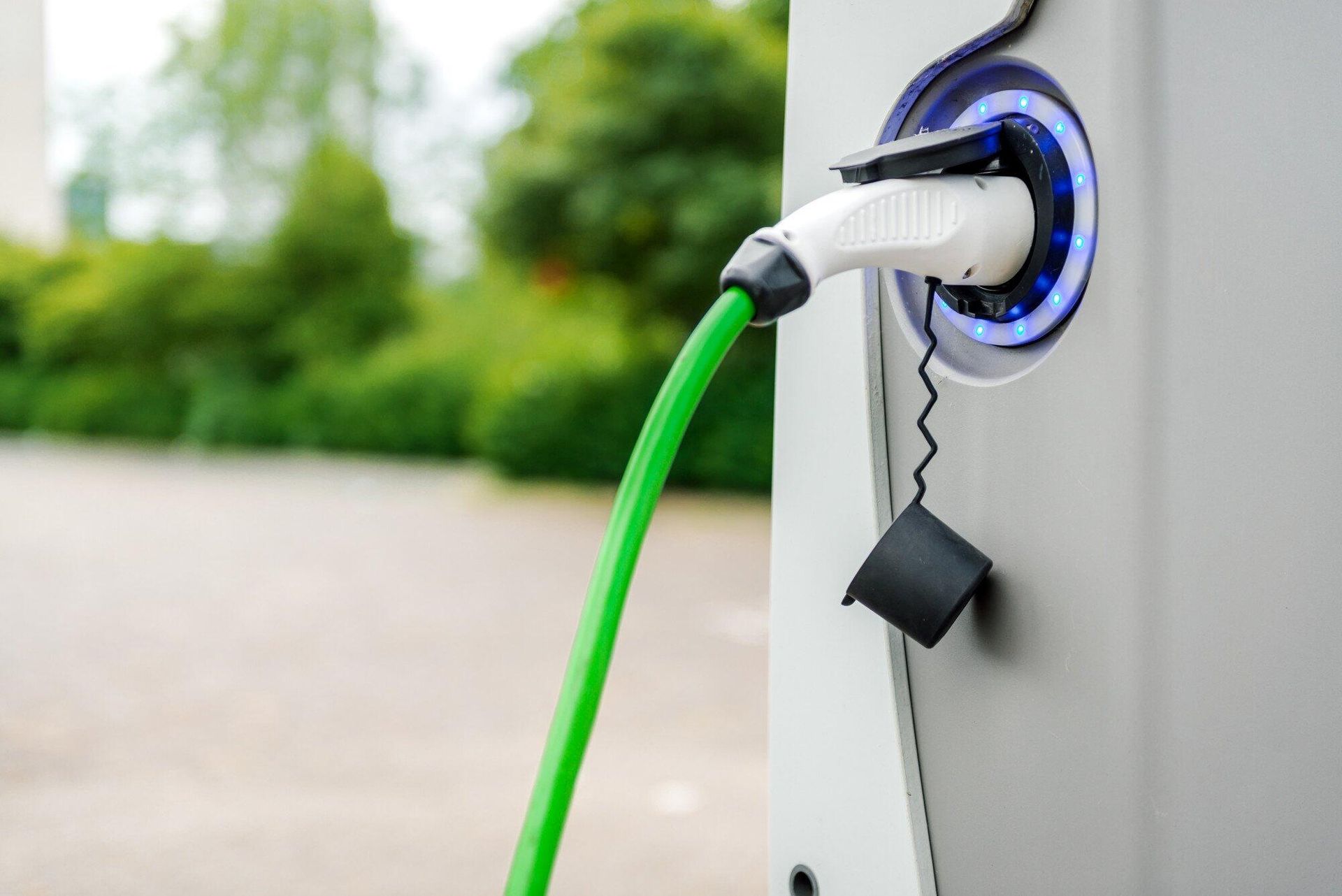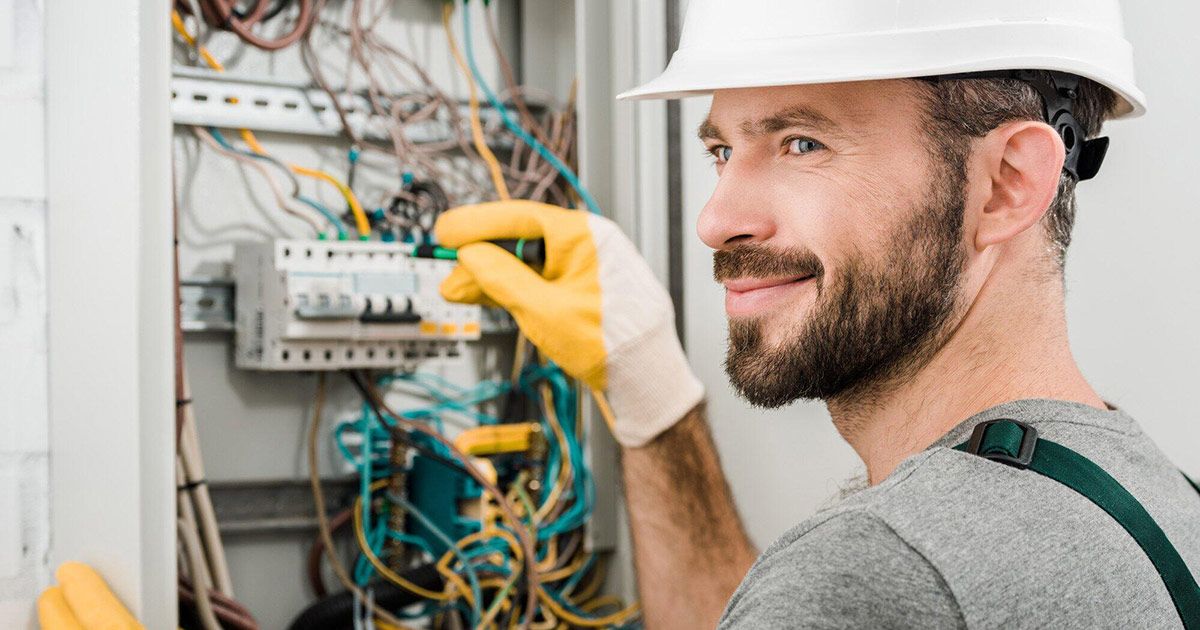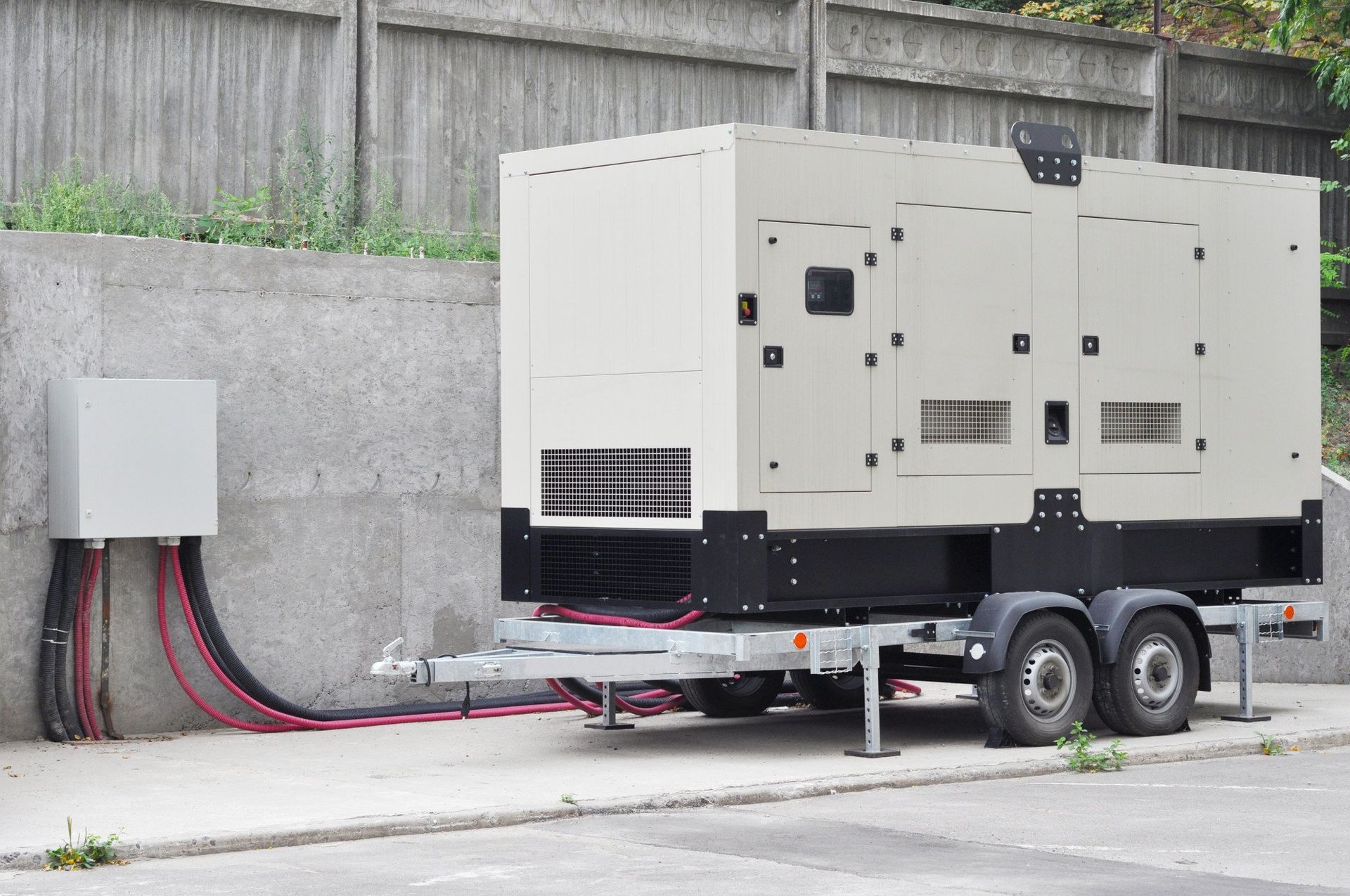What Size Generator Do I Need?
When buying a generator, a common question is "what size generator do I need?" This guide helps that question so you know what to get.
According to electric company statistics, the United States experiences 147 large-scale power outages every year. In most cases, these are weather-related incidents. Experts say this will get worse as climate change continues to impact our world.
Some power companies are spending billions trying to insulate and protect their systems from superstorms and other natural disasters. Yet others are reluctant to spend the money because of the expense and the community backlash.
That's why more people are investing in a generator for home use. If you're considering doing the same, you're probably wondering what size generator do I need?
Well, that depends on a few factors. Let's take a look at some important questions to answer before buying a power generator.
What Size Generator Do I Need?
How to choose a generator will depend on what you plan on or need to be powered. In the electrical world, everything is measured in watts. Your larger appliances like refrigerators, freezers, and ovens take a lot of watts to run. Light bulbs, fans, and radios take next to nothing to run.
Heating and air conditioning systems generally draw the most power, especially large, commercial-grade equipment. You can go around your house and find the wattage of every appliance, usually on the factory label. Or you can download a wattage guide online.
1. Add Up Appliance Wattage
Like everything in the electrical world, generators are measured in wattage. Usually, you'll find two wattage numbers listed for every generator. These are running watts and startup watts.
Your appliances draw more electricity, or watts when starting up than when they continue running. You'll need to know both these numbers for each appliance or you might find yourself overloading your generator.
A good tip is to go room to room through your house and list all your appliances. Don't forget to include temporary appliances like vacuum cleaners, blenders, coffee makers, etc.
2. Prioritize Your Electricity
Now that you've made your list you need to determine which appliances you can't live without. Heat should be a priority if you live in a cold climate. A blizzard can knock out power for days at a time and if you don't have heat you and your family could be in danger.
The same holds for air conditioning. If you experience warm summers with extreme heat and a thunderstorm or hurricane knocks out power for a week, how will you stay cool?
Next up would be your freezer and refrigerator. Everyone needs to eat and you don't want your food to spoil before you can eat it. After this, you'll need your oven or some other way of cooking your food. You might even need this to boil water should a disaster impact potable water sources.
3. Choose a Generator
After prioritizing your electricity you should come up with two numbers. The first is the minimum wattage you need. The second is the maximum number to run everything as though the electricity was still coming through the power company's line.
The more power a generator produces the more it costs so start with your maximum when pricing out generators. If you can afford a new generator to power everything you can call a competent supplier and get one installed.
If you find the generator needed to power everything is too expensive you should work backward until you find a generator in your price range. Fortunately, at Vance Electric, we have a large selection of Generac generators to power any size home. We also offer competitive pricing to get you the most power for your money.
4. Choose How to Power Your Generator
You've decided on a generator, now you need to power it. The most popular fuel source for powering home generators is propane. You might even have a tank on your property already.
Propane is relatively inexpensive and you can store enough for days or even weeks of generator operations. Gasoline is another option. This will require planning to ensure you have the gas before the power goes out. Both fuels are combustible so storing gas in your garage is a concern you won't have with a propane tank outside the home.
How Do I Keep From Overloading My Generator?
Who Needs a Standby Generator
Just because you don't have the wattage to run everything at once doesn't mean you can't run everything, you just have to shut some things down while others are running. Yes, that means when you do laundry you'll have to refrain from cooking, or you might even need to shut off the heat or air conditioner.
Transfer Switch
At Vance Electric our factory-trained technicians will install your generator and use what is called a transfer switch. This transfer switch simply diverts the power from the power company to your generator to power your house. One of the benefits of a transfer switch is we can select where your power goes.
We can install a smaller fuse box that routes the power to only those appliances, rooms, etc. that you want to run off your generator's power. In this way we can control the total wattage you can draw at one time.
Manual Oversight
The other way to keep from overloading your generator is to shut all the circuit breakers off and then only turn on those that you need when you need them. This takes some management so be sure to shut off these breakers when you are done using the circuit.
The preferred method is to use a transfer switch as this creates a finite amount of electricity your system can draw.
Because of this we can set this number to always remain below what your generator can handle. Manually overseeing the process leaves room for human error and that can lead to overloading your generator.
Ready to Buy a Generator?
If you've done your homework and are ready to purchase a power generator for your home then you should contact us today. Even if you're still asking yourself what size generator do I need, we can help.
Vance Electric services the northern Virginia region from our Springfield office. One of our friendly, knowledgeable staff will be happy to help you. We'll answer any questions you might have and walk you through the benefits of our Generac generator line and choose the right power generator for your home.
